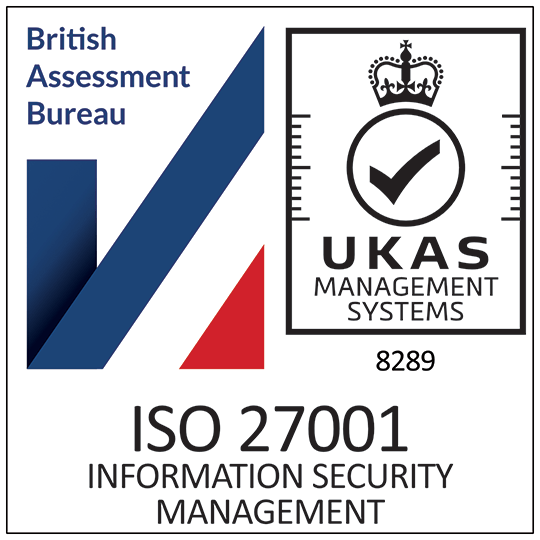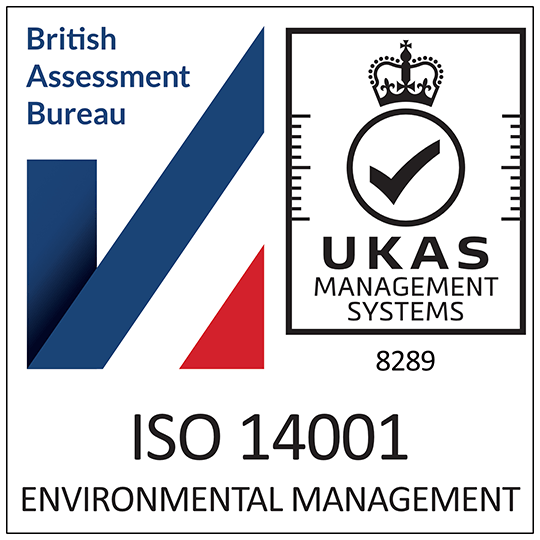With tough economic times affecting the way that people are choosing to spend their money could plastic loyalty cards benefit your business?
Plastic loyalty cards are becoming increasingly popular with reports that the majority of people belong to at least one loyalty scheme and many belonging to more than one. If you are wondering whether or not plastic loyalty cards could benefit your business then read on to find out more.
There has been an increase in use of plastic loyalty cards since the recession has deepened and people have been facing tougher financial times; some reports have suggested that up to 90% of people now make use of loyalty cards. When money is tight consumers have to look for ways to be economical, and taking advantage of the benefits that come with a plastic loyalty card is one way of being frugal.
One of the most popular reasons for people to repeat their custom somewhere is because the company offers personalised rewards. Plastic loyalty cards can be used as an excellent data collection tool when it comes to what products are being purchased, allowing you to offer personalised rewards. These link into the sentiment of the previous point insofar as they allow consumers to shop more frugally; therefore customers may well link plastic loyalty cards to shopping prudently.
There has been research which indicates that consumers are more likely to recommend a company if they have a loyalty card. One reason for this could be that a plastic loyalty card is likely to be a permanent feature in a customer’s purse or wallet reminding them of the value and service that they receive from you.
A plastic loyalty card is long lasting which could help to reinforce the importance that you as a company place on your most loyal customers. On a more practical note, a plastic loyalty card will last a long time meaning that if a customer accidentally puts it in the washing machine it won’t be destroyed; this might sound like a small fact to consider but it makes your card that bit more convenient for your customers.
So if you’re looking for a new incentive to encourage repeat custom from consumers then plastic loyalty cards could be the perfect solution.




